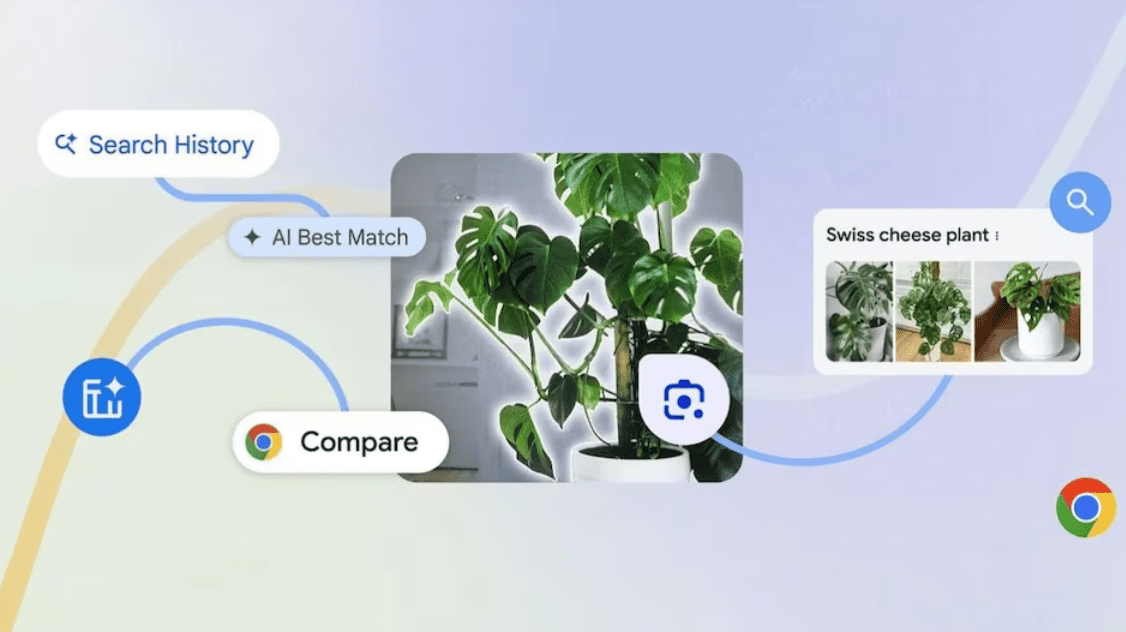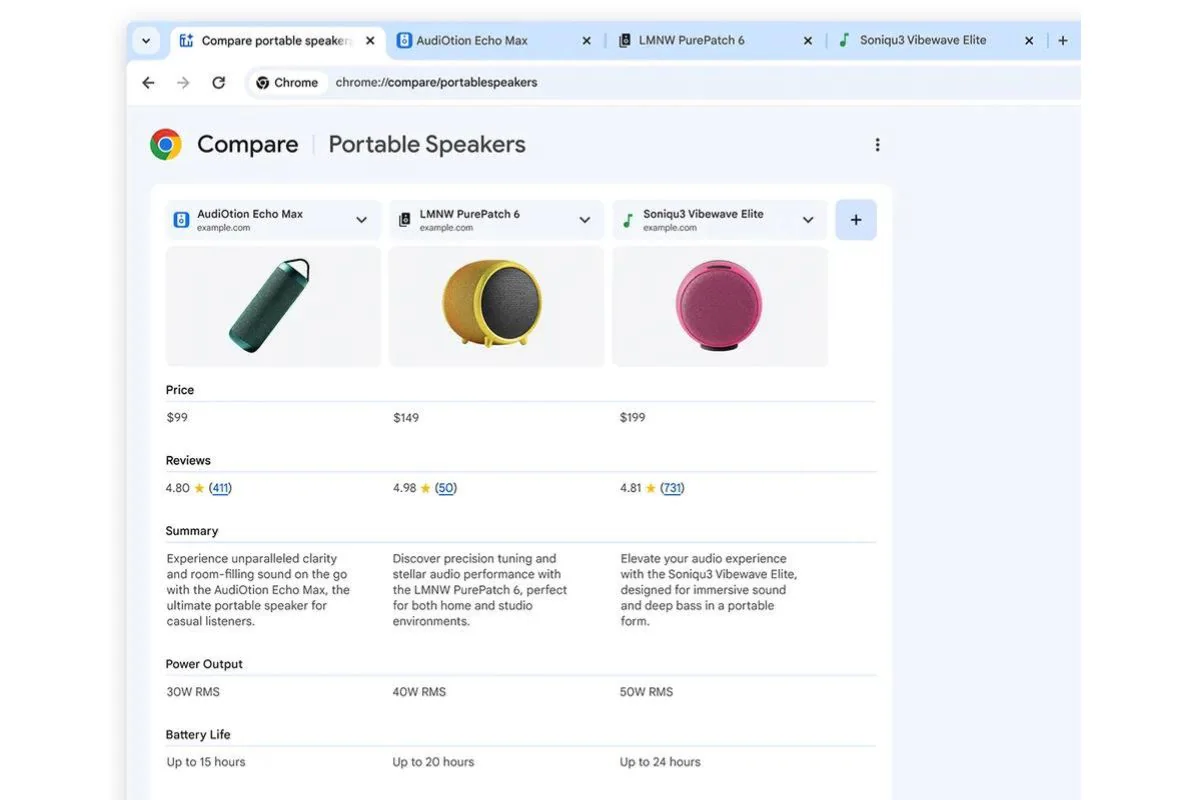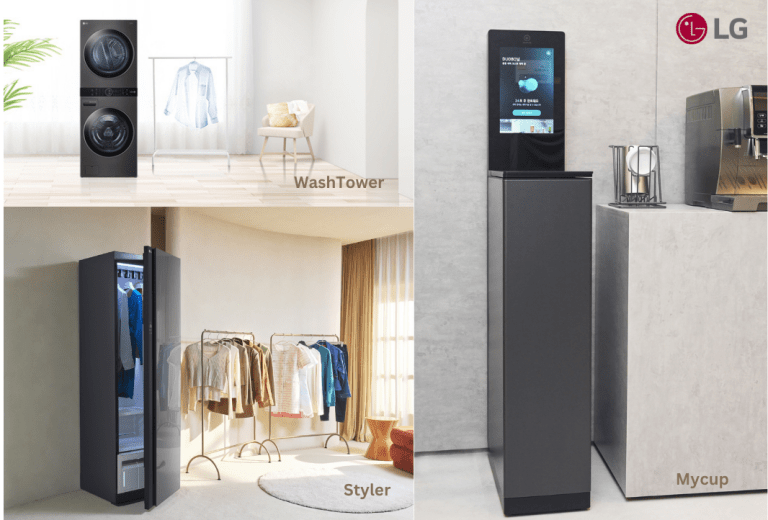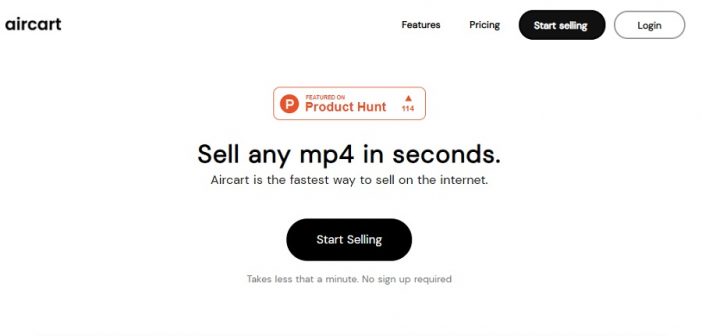Google Lens, Gemini AI-Powered Browser History, and Other Features Have Been Added to Google Chrome

The business revealed on Thursday that Google Chrome will be receiving three new artificial intelligence (AI) features. Earlier this year, Google’s internal AI model Gemini was integrated into the Chrome browser; however, those functionalities are only to paid Workspace subscribers. All users will be able to utilize the AI elements that the tech giant is currently deploying, though. These consist of the incorporation of Google Lens, a browser history driven by AI that facilitates natural language inquiries, and the ability to compare products across several websites.
New AI Features in Google Chrome
Google revealed the new capabilities for the Chrome browser in a blog post. The business emphasized that in order to improve user experience, the browser has been gradually integrated with AI technologies over the past few years.
Among these capabilities are the ability to organize tabs and AI-generated real-time subtitles for audio-based material.
Google Lens is being integrated with Google Chrome as of this version. Years after being offered to the smartphone app, the visual lookup capability is now being slightly modified and made available in the desktop browser. Users can do a visual lookup, much to Circle to Search, instead of clicking an image to run it through Lens.
Users will be able to click Google Lens to perform a visual search on any portion of their screen by selecting it using the Chrome address bar. Users will be presented with visual matches when a side panel opens.
Users can now refine their search by brand, color, or other details by using the multisearch tool. Inquiries can also be followed up on to go further into a subject. All users are presently receiving the function.

Tab Compare is another intriguing feature that will be available in Chrome. In essence, the function is a shopping tool that presents products from many tabs in an AI-generated overview on a single page. A tablet format will be used to display the data for convenient comparison. According to the search engine behemoth, the table will include information on features, specs, costs, and ratings of the products. Over the coming weeks, this capability will be made available in the US initially.
Lastly, Google is also releasing an AI-driven update for Chrome’s historical browser. With the help of this functionality, users will be able to view their history and ask Chrome to display the pages that match their natural language query, such as “What was the last ice cream shop I looked at last week?” This function, which can be switched on or off in settings, will protect privacy by allowing data to be browsed from incognito mode. Additionally, it is making its debut in the US first, and in the upcoming weeks, it will be accessible.







